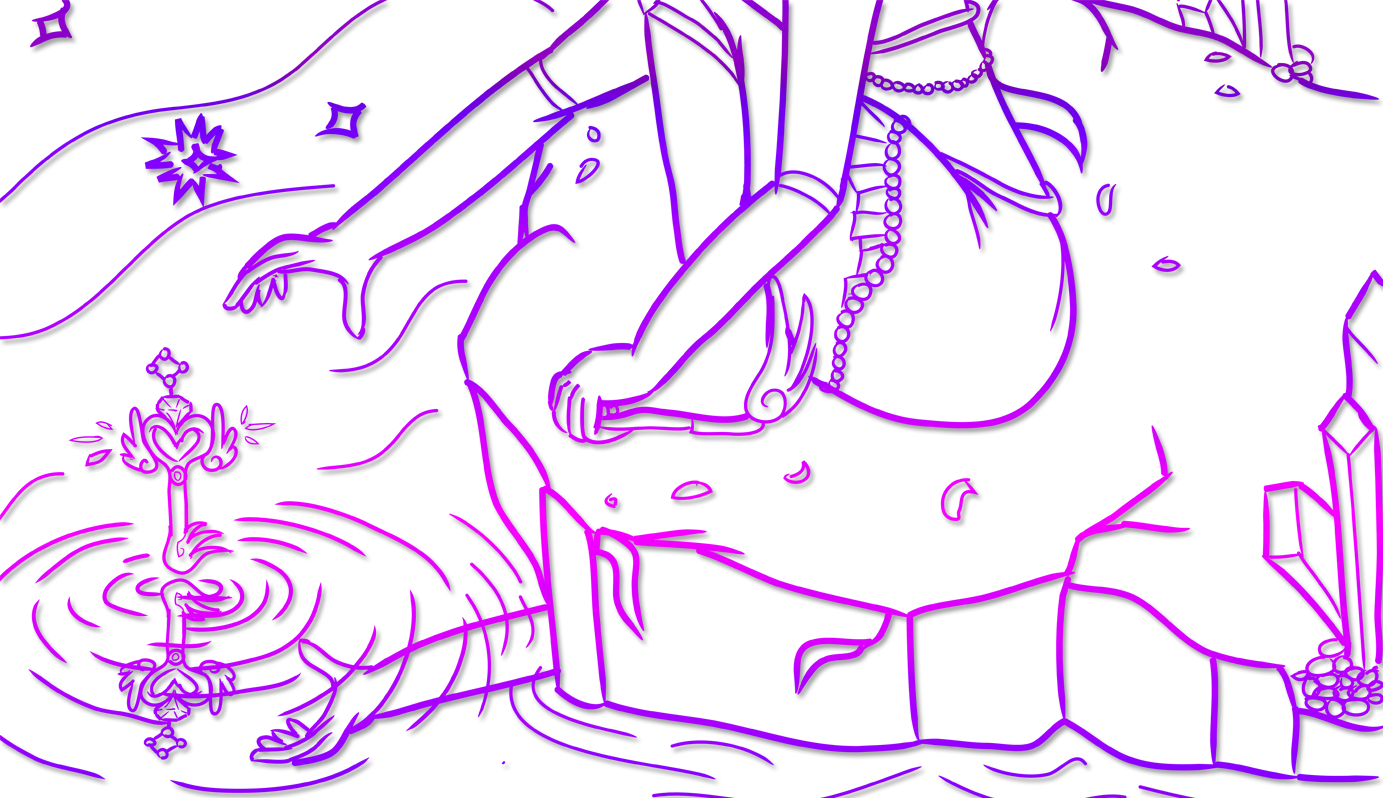Obviously, spoilers ahead if you have not completed the game Earthbound/Mother 2.
Proceed with Caution – You have been warned!
Misdirection
One of the most enthralling aspects of Giygas from psychology isn’t even the structure of the battle with Giygas itself, but of a reality players realize some time after completing the game.
Giygas has been destroyed, but his destruction caused the rise of another: Porky (Pokey) Minch.
Ah yes, Porky. Is he evil? Is he just a brat? I mean who cares? We have the literal embodiment of terror and evil sitting on our doorstep.
And that’s precisely the point. Who cares? The tale of poor Porky and who really cares. It’s no wonder that Porky gets fed up with no one noticing him, and goes on to terrorize the world.
This topic has been discussed several times by several other bloggers and commenters, so I want to spin this to be about the psychology of this final fight and how it effects the player.
What it boils down to is the player has been told throughout the entire story “fight Giygas. Beat Giygas. Stop the evil that will come to the world by getting Giygas”. The player focuses on this storyline – in part because they have to, but also because they come to believe it. We fixate so much on our end goal, that at times we forget about the effects of our actions or the surrounding environment.
In this case, we forgot about Porky. Even during the final fight, he struggles for relevance, devoted to nothing more than a brat yelling insults, trying desperately to get us to notice him as he is obviously overshadowed by our greater mission.
And in the end, when we defeat Giygas? Porky flies off – we think running with his tail between his legs like the spineless coward he’s shown himself to be most of the time. But no, he becomes a huge antagonist of Mother 3, wreaking havoc in places Ness never sees. Ness wipes his hands of the issue after defeating Giygas as does the player, thinking “I’ve done it” – yet what they’ve done is driven a new terror to a new place by fixating on one singular end goal.
Of course, the game was designed this way. There’s no way to “be nice to Porky” or “listen to Porky” or “let Porky help us save the world” or “give our PSI to Porky and maybe he’ll stop Giygas” and magically change this outcome. But the game was designed this way to add another layer of psychological depth to Giygas. The player fixates, focusing so hard on their end goal, they tune all external stimuli out, working hard to achieve what they believe they must. And in the end, this fixation caused them to miss a critical problem right under their noses. While there isn’t an option for changing the fate of Porky, most players on their first playthrough don’t even give it a second thought – precisely why it’s effective. We don’t see Porky as a threat, and so we disregard him for the real threat…when in actuality this turns him into his own force to be reckoned with.
When players come to the realization of how Porky has slipped through the cracks, they begin to wonder who was the real villain. Coupling the discussion regarding Giygas’s dialogue and the confusion that surrounds it with Porky’s sudden rise to power makes the player wonder if the whole time they’ve been going about their mission the wrong way, looking at the wrong thing. And I do believe this is exactly what players are intended to feel.
This game doesn’t take itself seriously and in that it hides many meta gems about gameplay itself. The game sets up the big bad boss, but in fighting the boss he doesn’t even have a real face or form, and ends up being defeated by the realization that social emotions are okay. Porky on the other hand becomes increasingly antisocial as he is ignored and overlooked time and time again, to the point that he is driven to the hatred and psychopathy Giygas hoped he might achieve. It’s almost as though they passed each other going down opposite highways – one toward good, the other toward evil.
I don’t think the game’s setup of Giygas and Porky intends that the player feel badly for their actions – there’s literally no other way the game could go, after all. I think it intends to cause a psychological impact that makes the player think about those actions and the repercussions they cause – the ripple effect if you will. It causes players to have a broader outlook, to consider those nuances and think what they might have done differently had they known…and in this regard, it potentially effects how they view the world or other games as they see the forest for the trees, and look at how the tiny details make up the bigger picture.
Again, this is psychological design at its finest. Causing realization, causing you to think, causing you to wonder, feel, and possibly change your outlook.
“And here you stand, ‘ waiting to be burned up with all the rest of the garbage of this universe….Do you want to scream for help here in the dark?!” – Porky (Means Business) Minch, Earthbound
EarthBound copyright Shigesato Itoi, Nintendo, HAL Laboratory and Ape Inc.



